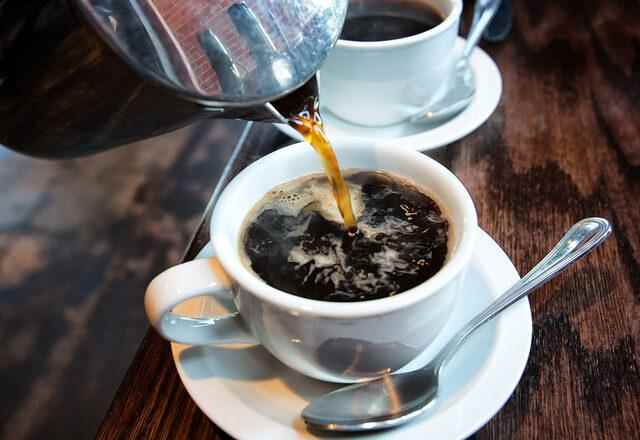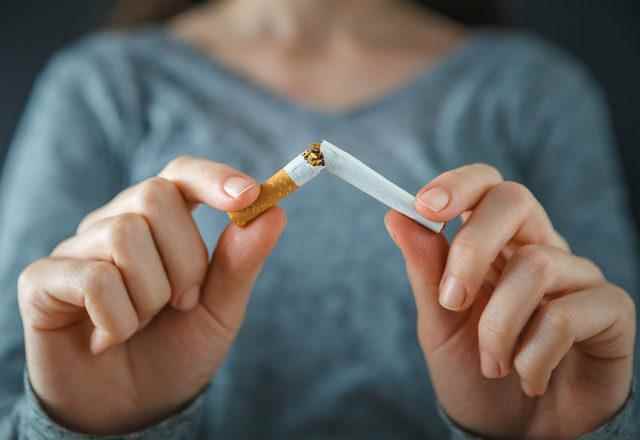Hypertension, also called high blood pressure, threatens your health, especially after the age of 40. High blood pressure, which shows symptoms such as headache, weakness, palpitation, excessive sweating, buzzing and ringing in the ears, swelling in the limbs, nosebleeds, frequent urination, causes serious health problems if not treated. In order to avoid the serious consequences of high blood pressure, it is necessary to see a doctor regularly and eat healthy. Untreated high blood pressure can damage blood vessels, heart, brain, kidneys. It greatly increases the risk of heart attack and stroke.
TO REDUCE HIGH BLOODTENSION
STAY AWAY FROM STRESS
Stress will raise your blood pressure, and Marc explains that if you’re stressed, the first step to feeling better is to identify the cause and remove yourself from that environment if possible. He says: “Your body produces a burst of hormones like adrenaline, and when you’re feeling stressed or in a stressful situation, these hormones constrict blood vessels, temporarily increasing your blood pressure and making it harder for blood to circulate throughout your body.”
BREATH RIGHT

Coping with stress is difficult, and an easy way to do it is to take a deep breath. “By practicing deep breathing exercises, you can help reduce the buildup of stress that can cause your blood pressure to rise,” says Marc.
EAT REGULARLY

When trying to manage your condition on a daily basis, Marc says, you should try and eat a low-fat diet with lots of fiber and lots of fruits and vegetables, aiming to eat five servings a day. “It’s important to make sure your daily salt intake is less than six grams per day, which is about a teaspoon, as this is a known cause of high blood pressure,” she says.
STAY AWAY FROM A STILL LIFE

Regular exercise can lower blood pressure and is great for your heart and blood vessels. Regular exercise, which means 30 minutes of exercise a day, can include anything from a brisk walk or gardening to sports, Marc says.
PAY ATTENTION TO THE AMOUNT OF Caffeine

Drinking more than four cups of coffee a day can cause your blood pressure to rise. Marc explains: “If you’re a big fan of other caffeinated beverages, including coffee, tea, or energy drinks, consider cutting back or opting for decaffeinated alternatives.”
Also, try to keep the amount of water you drink high during the day. For your health, you need to drink at least 6-8 glasses of water a day.
STOP SMOKING

Marc says if you smoke, you should quit. “It won’t directly cause high blood pressure, but if you have high blood pressure, smoking narrows your blood vessels much faster and your risk of heart or lung disease increases dramatically in the future.
